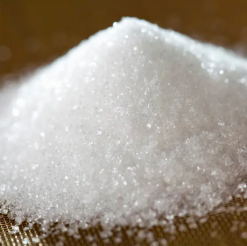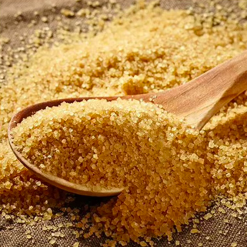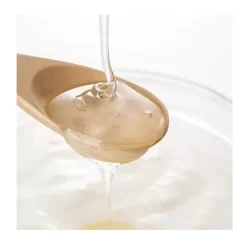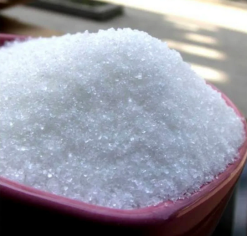Specifications for wholesale refined sugar:
- Polarization Measures sucrose content. Typically 99.0 to 99.9% for refined sugar. Indicates purity.
- ICUMSA Scale for grading color. Lower number is higher quality. 45-150 for refined; 1200-5000 for raw sugar.
- Moisture Content – Around 0.05% max for refined; 0.15% for raw. Critical for flowability.
- Ash Content Amount of residual minerals. 0.05% or less for refined grade.
- Granulation: Typical grain size 0.6-1.2mm for refined sugar. Impacts solubility.
- Microbiological: No pathogens like Salmonella or E. coli. Yeast/mold limits.
- Heavy Metals : Lead, arsenic, mercury within accepted regulatory limits.
- Color : ICUMSA 45 is sparkling white. Higher grades show some yellowing.
- SO2 : No more than 10 ppm sulphur dioxide as a residual bleaching agent.
- Dietary Fiber – Less than 0.5% for refined sugar.
- Crop Origin: Brazil, Thailand, India major sources for wholesale refined sugar.
- Packaging – 50 kg polypropylene bags or 1-1.25 ton totes common. Also bulk vessels.
Testing for compliance to specifications required before accepting shipments. Certificates of analysis from accredited labs provide verification.
Wholesale Sugar cubes online
- Sugar cubes are small, compressed blocks of sugar around 1 inch wide that were invented in the 1840s as a portable way to serve sugar.
- Traditional sugar cubes are made by compressing refined white sugar from sugarcane or beets with some water or syrup into molds.
- Specialty cubes are also made using brown sugar, raw sugar, or flavored sugars.
- Cubes come in different sizes from very small to large 2 inch cubes and often have logo designs stamped on them.
- Main uses are sweetening hot beverages by dissolving the cubes directly in tea, coffee, etc. They can also be used in baking and cooking but may not fully dissolve in cold liquids.
- Sugar cubes allow precise, pre-measured amounts of sugar to be easily handled compared to granulated sugar.
- They were once more popular but have been overtaken by granulated sugar and packets. Traditional establishments still commonly use them though.




